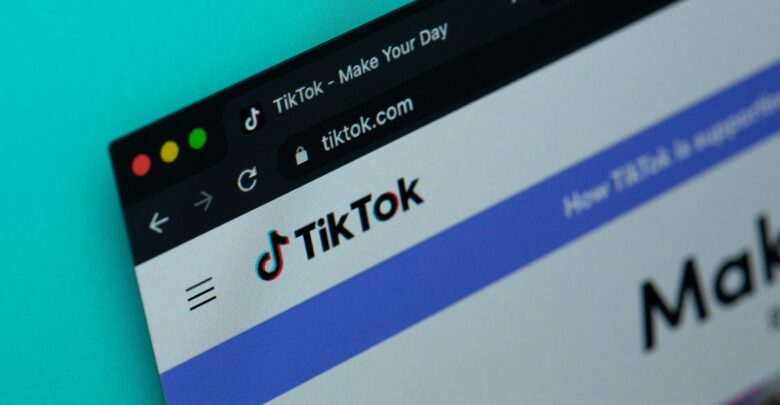 Solen Feyissa
Solen FeyissaUse of TikTok, the popular short-video app, has become a norm for many Canadians in the last few years. However, some people have become concerned that the Canadian government might ban the app. These concerns come after the United States (US) passed legislation that will force ByteDance, TikTok’s owner, to either sell its assets or face a ban. But banning the app in Canada would cause more harm than good, especially when the government could take action to protect Canadian’s data across all apps. The real issue is the government’s failure to modernize Canada’s data protection and security laws, not TikTok or its owners.
Canadian Prime Minister Justin Trudeau hasn’t directly addressed the US bill. He has only made a statement on the government’s priority of upholding the security, privacy, and data protection of Canadians. However, his vague comments leave the possibility of a ban on the table for Canada. Such a ban could jeopardize Canadian’s freedom of expression and some people’s livelihoods. While I can understand the concerns about data security, there’s other ways the government can protect Canadian’s data and privacy that should be considered first.
One of the accusations levelled against TikTok’s parent company ByteDance is of “data mining.” This is really concerning considering that as of March 2024, 14.89 million Canadians use TikTok. If true, TikTok would have access to everything from our purchases, passwords, emails, search histories, political beliefs, as well as online engagement. These concerns of national security have led to a national security review of the app in Canada.
However, most social media companies like Facebook and Instagram are also known to harvest data. These companies face no restrictions from sharing their recorded data with foreign governments. Hence, a ban of TikTok wouldn’t hinder foreign governments ability to collect data on Canadians.
If user data is a point of concern, then the government should implement modernized privacy laws and transparency mandates. As of now, it’s been two decades since the data protection laws in Canada have undergone any significant update. Canadian privacy laws don’t require user consent for a company to transfer their data outside of the country. But they also fail to hold companies accountable for doing so. An update to our user data laws should be the first step taken by the government to protect users’ data. And it’s long overdue.
Strong cybersecurity laws are integral to any nation’s security and it’s important for a government to be proactive about this. In Canada, the Canadian Centre for Cyber Security — which is responsible for monitoring the country’s cyber assets — has warned users to understand the risks of using social media platforms. But those risks aren’t unique to a single social media platform like TikTok.
Another key point of contention is that a ban would mean limiting Canadian’s freedom of expression. The Canadian Charter of Rights and Freedoms preserves the right of freedom of expression, which is an integral part of a democracy. Banning a platform that Canadians use to exercise this right could be seen as an infringement on free expression, and could even lead to a Charter challenge.
TikTok has already launched a court case against the US government on similar grounds. A ban on TikTok is frighteningly similar to the policies of repressive regimes that western democracies seem to be fighting against. Citizens in countries like China and Saudi Arabia face strict government control over the media. Hence, it wouldn’t be a good look for the Canadian government to do something similar.
But it’s not only freedom of expression that’s at stake — it’s also people’s livelihoods. When it comes to the app’s users, many Canadian influencers rely on TikTok as their source of income. The app allows musicians, artists, and small business owners to increase their viewership and promote themselves on a global scale. And so, a potential ban will have a detrimental impact on their subsistence.
All things considered, banning TikTok in Canada wouldn’t uphold our democratic rights and Canada’s commitments to transparency and integrity. The Canadian government shouldn’t use such an extreme measure as banning a social media platform unless it absolutely has to. Even then, the government would need more concrete reasons to justify such a decision. Instead, mandates designed to regulate the app and its features would be much more effective. Protective measures would uphold the rights of its citizens while maintaining the security and integrity of the nation.




